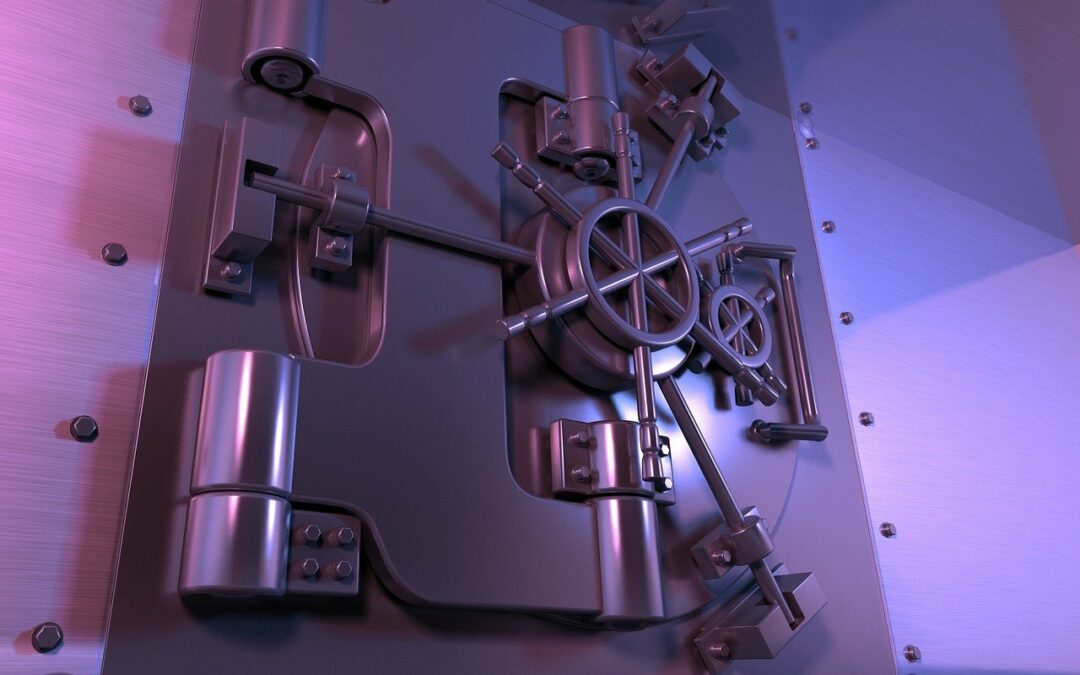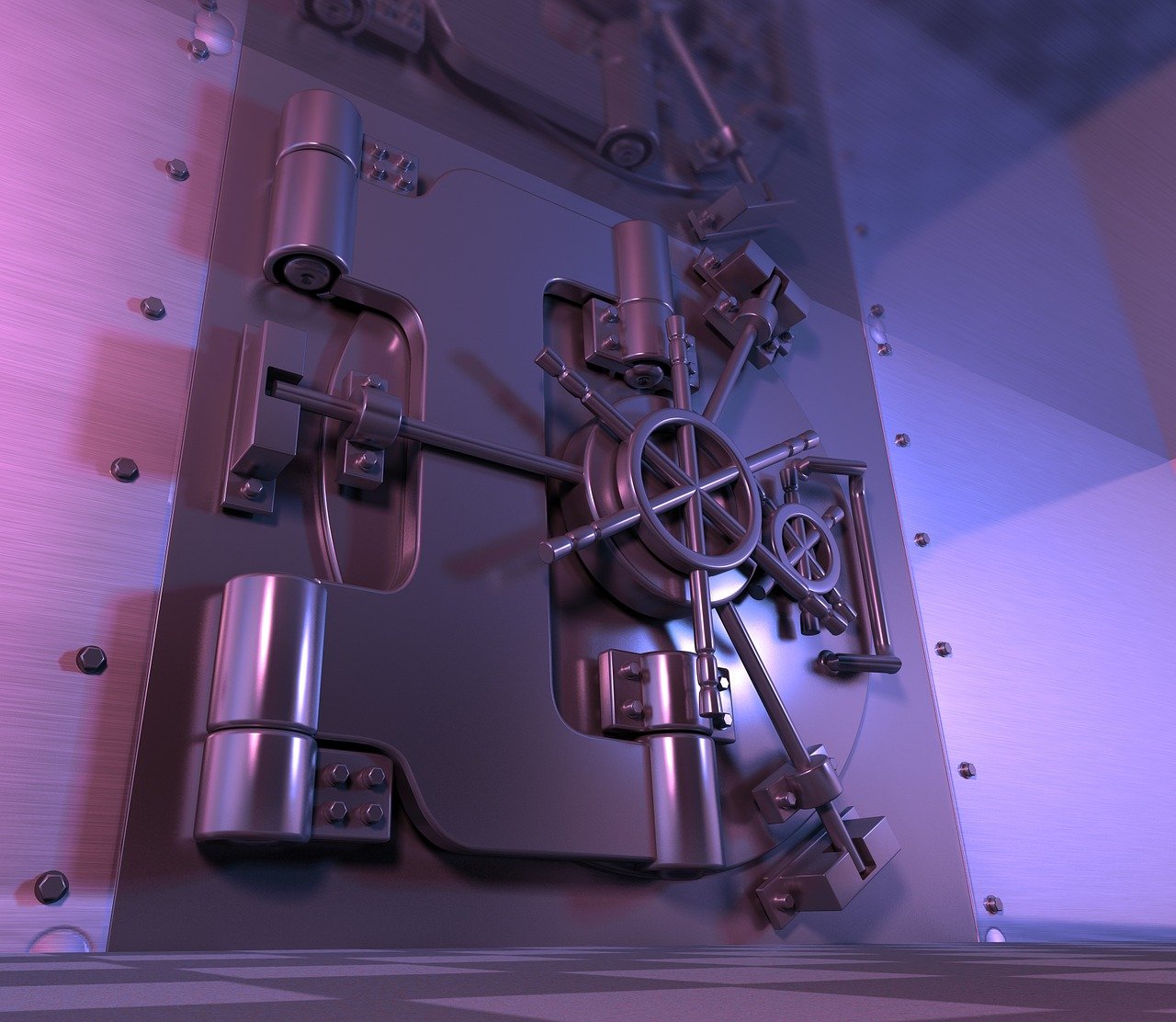
U.S. House Approves Bill to Ease Cannabis Banking

The U.S. House of Representatives late Tuesday night approved a bill that would let banks to do business with cannabis companies without fear of penalty, giving traction to the least-disputed reform sought by the growing industry.
The so-called SAFE Banking Act would be a boon for marijuana companies, which have so-far been stymied by the necessity to deal in cash because of federal restrictions. That has meant they have extra security costs and logistical problems, even as marijuana increasingly becomes legal. Some three dozen states now allow medical or recreational use, according to New Frontier Data, a cannabis research firm.
The measure, which has been passed by the House before with bipartisan support, was this time approved by voice vote as part of the National Defense Authorization Act.
Representative Ed Perlmutter, a Colorado Democrat, who had re-introduced the bill, has said that allowing cannabis businesses to access the banking system would bring more money into the economy and offer the opportunity to create good-paying jobs. The American cannabis industry had $20.3 billion in legal sales in 2020, according New Frontier Data.
The bill’s prospects are unclear in the Senate.
Yet it’s still a far cry from the wish-list of legal reforms that the industry seeks, including all-out legalization, and relief from tax burdens.
The U.S. Cannabis Council, a trade group that represents companies in the industry, called the current rules that require marijuana firms to be all-cash a security hazard.
“Over $17 billion in legal cannabis was sold in the United States last year, overwhelmingly through cash transactions. Forcing legitimate, well-regulated cannabis businesses to conduct most of their business in cash is anachronistic and a clear threat to public safety,” the council’s chief executive Steven Hawkins said in a statement before the bill passed.
BTIG analyst Camilo Lyon said in a research note this week that the SAFE Act’s inclusion with the defense authorization might enhance its prospects.
“Discussions with our D.C. contacts suggest it has an easier pathway of getting through the Senate, largely because no senator wants to be viewed as holding up the massive 1,700 page must-pass NDAA simply because of SAFE banking,” Lyon wrote.








